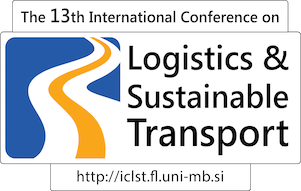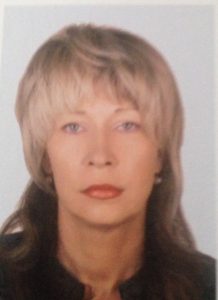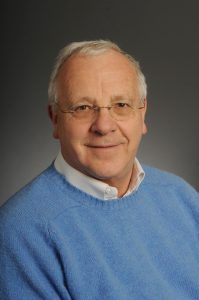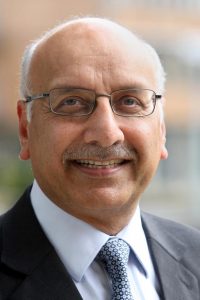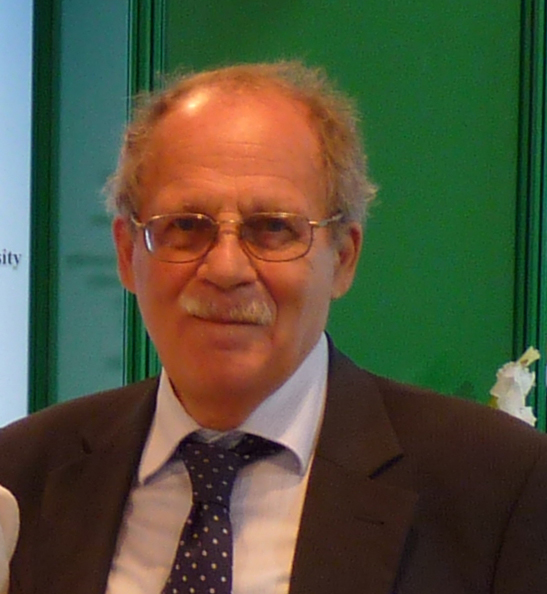Prof. Dr. Nenad Đ. Zrnić was born in 1966 in Belgrade, where he finished elementary and mathematical high school. He graduated from the Faculty of Mechanical Engineering (FME), University of Belgrade (UB), where he defended his magister thesis in and his doctorate, for which he received the Annual prize of Belgrade Chamber of Commerce. In 2005 he was elected as Assistant Professor at the FME, in 2009 Associate Professor and in 2013 full professor in the field of material handling and logistics. Since 2015 he is a corresponding member of the Academy of Engineering Sciences of Serbia. In the period 2012–2015, he was the Vice Dean for Studies at the Faculty of Mechanical Engineering in Belgrade (ASIIN accreditation of FME study programs in 2013), and 2015–2018 Vice Dean for International Cooperation and member of HERE team. Since 2015 he is a coordinator of one of the working groups for preparing new Serbian Law on a Higher Education. He is president of the Executive Board of the Association of Graduate Mechanical Engineers of Serbia. He is technical expert of Eureka Eurostars programme, member of pool of expert evaluators for H2020 FET OPEN RIA Call 2016-1 and for the Italian Research and University Evaluation Agency (ANVUR) and evaluator of projects supported by the Serbian Ministry of Education, Science and Technological Development. He was an external expert for FP7 project Spider Plus (2013–2015). He is chairman of the Organizing and Scientific Committees of international conferences: MHCL 2006, 2009 and 2012, held in Belgrade, as well as MHCL in 2015, held in Vienna in cooperation with TU Wien. He was a visiting professor at the University of Montenegro, Faculty of Maritime Studies in Kotor (2009–2011), and again since 2016. He was an invited lecturer at foreign universities in Italy – Brescia in 2011 and Greece – Patras, 2013 and at the CEMAT Port Forum (Hannover) in 2014. He was a visiting researcher at TU Wien (Institute for Engineering Design and Technical Logistics), totally 8 months in the period 2003–2011. He is a member of several international scientific societies and their bodies: Europäischen Konferenz der Professoren des Fachkreises Foerdertechnik, IFToMM Technical Committee for Transportation Machinery, IFToMM Permanent Commission for History of Mechanism and Machine Science. He is reviewer in 17 SCI journals and member of editorial board of 4 international journals.

